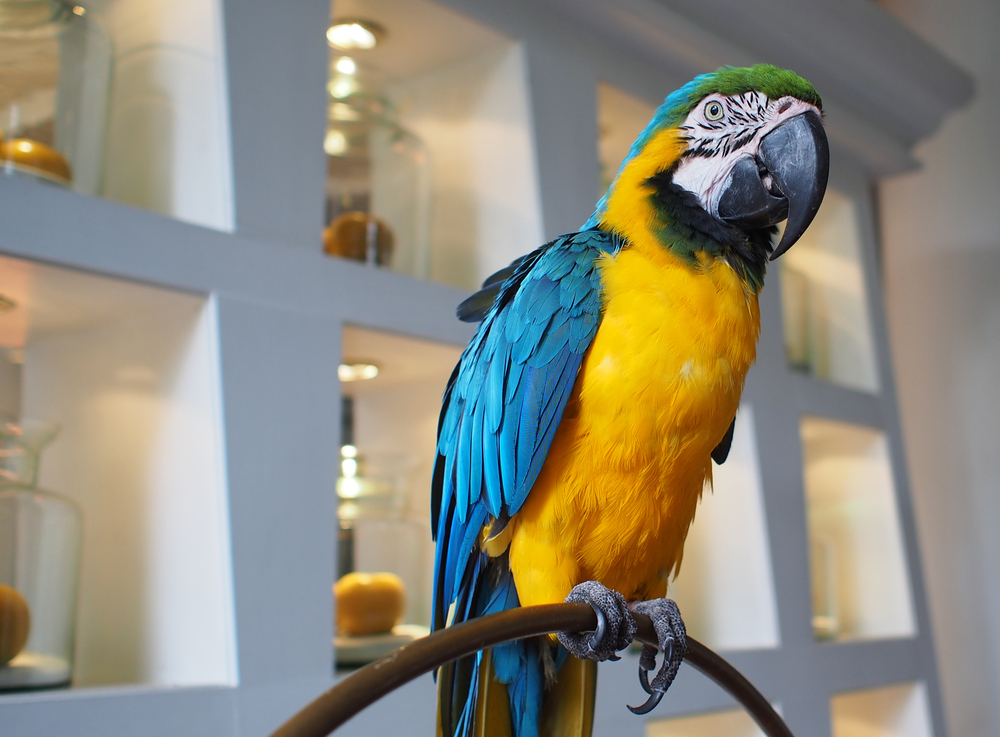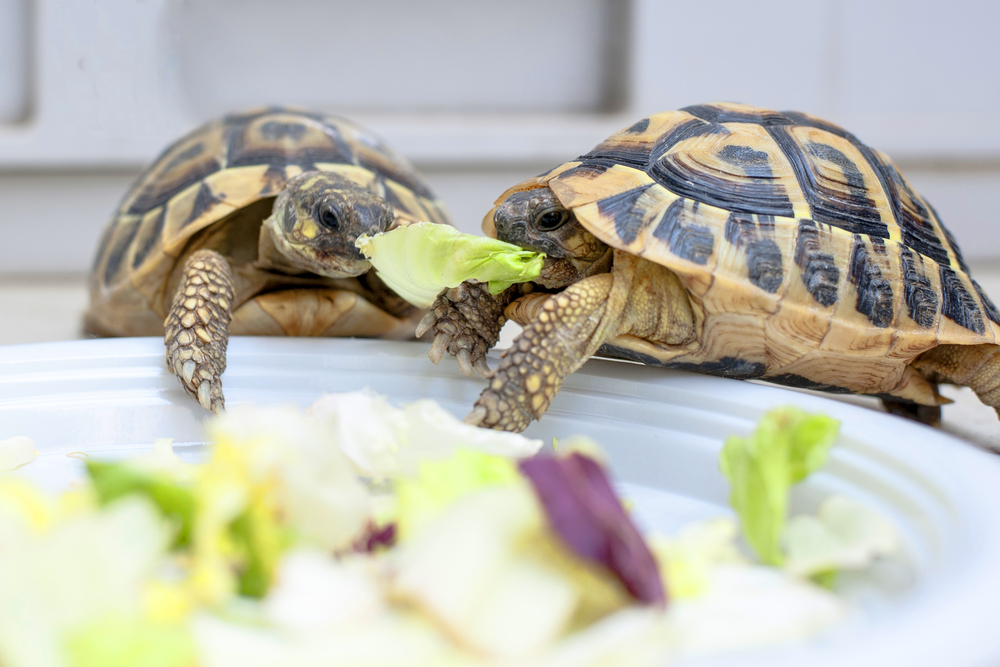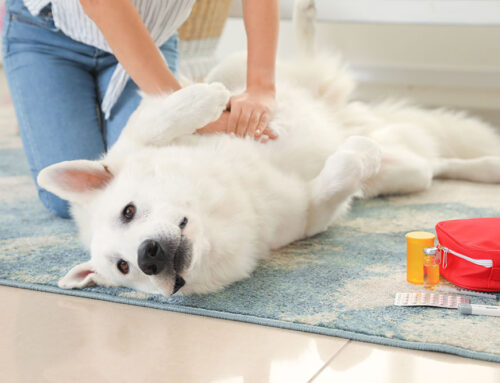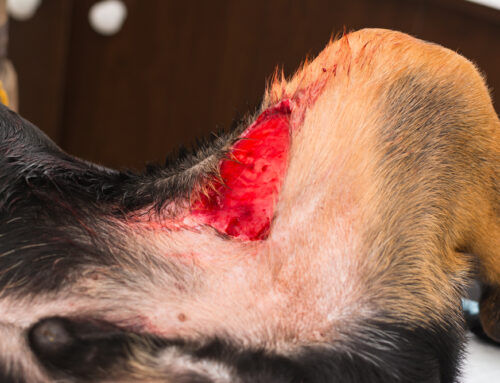Exotic pets are wonderful creatures, but those who share your home require a special level of care that differs from the typical dog and cat. Proper husbandry is crucial for your exotic pet’s health, happiness, and well-being, but all too often, common health issues result from an inappropriate environment or diet for these unique creatures.
What is an exotic pet?
Tigers, lions, and bears may come to mind when exotic pets are mentioned, but those species are not considered pets. Instead, exotic pets encompass a wide variety of furry, feathery, scaled, and slimy animals. Some of the most common exotic pets include:
- Chinchilla
- Hamster
- Ferret
- Iguana
- Parrot
- Songbird
- Guinea pig
- Hedgehog
- Sugar glider
- Rabbit
- Rat or mouse
- Snake
- Tortoise or turtle
- Gecko
- Chameleon
- Frog
Each of these pets has unique habitat, diet, grooming, socialization, and preventive care needs to remain happy and healthy. You may also need to provide special lighting, extensive housing setups, and unusual diets. To ensure your exotic pet has the proper habitat and husbandry plan, contact us to schedule a wellness visit. During routine visits, we will discuss everything you will need to care for your pet, and highlight the differences unique to your chosen species.
Nutrition for your exotic pet
With all species, proper nutrition is vital for good health. A well-balanced diet that is formulated to meet your pet’s nutritional needs is necessary for disease prevention and wellness.
- Reptiles — Each reptile species has a unique diet based on whether the animal is an omnivore, carnivore, or insectivore. For example, most snakes thrive on a diet of small rodents, while geckos survive solely on insects.
- Rodents — Guinea pigs, rabbits, mice, ferrets, and other pets who fall under the rodent category have vastly different nutritional needs, depending on species and age. Juvenile rabbits, for example, should have plenty of alfalfa hay, while adult rabbits should be switched to grass hay. Guinea pigs cannot make their own vitamin C, so it must be supplemented in their diet.
- Birds — Birds’ diets vary, based on species, beak type, and nutritional needs. All species benefit from a nutritionally complete pellet-based diet, with human foods supplementing the core diet. Dark, leafy greens and orange fruits are full of vitamins and minerals, while seeds, nuts, vegetables, and fruits can be given as treats, in moderation.
Research the appropriate diet before bringing your chosen exotic pet home. Understand the basis of your pet’s diet, the supplements she will need, and the foods to be avoided. For help creating your exotic pet’s optimal nutrition plan, contact us.
Housing for your exotic pet
A proper environment is another key aspect of exotic pet care. Habitat size, lighting, temperature, humidity, cage construction, and bedding are important to ensure your pet remains healthy.
- Reptiles — Your scaled pet has specific requirements for habitat size, lighting, and temperature. Inadequate housing, such as improper ultraviolet lighting, humidity, or temperatures, can create severe, life-threatening health concerns. Some reptiles require a hot, dry environment, while others thrive in humid, mossy habitats.
- Rodents — Small rodents, such as mice and hamsters, are master escape artists, so escape- and chew-proof habitats are essential for keeping your pet safe. Wire enclosures are usually the preferred rodent habitat, but tiny rodents can easily get their feet caught between the bars, so ensure the cage bottom is solid, to prevent injury.
- Birds — For all birds, the ideal enclosure is the largest one you can afford. At a minimum, ensure the enclosure is twice as long as your bird’s wingspan. Use newspapers as cage liners, and avoid wood shavings, grit, or sand, which can cause your bird to develop fungal infections or gastrointestinal issues.
Preventive care for your exotic pet

Each exotic pet requires a customized preventive care plan designed to meet specific needs, such as annual vaccinations, parasite prevention, spaying or neutering, dental care, or wing trimming. Many species benefit from annual blood work, not only to detect hidden signs of illness, but also to monitor your pet’s normal values, which allows us to identify deviations from the norm early, often before illness appears. To discuss your exotic pet’s specific preventive care needs, contact us.
At Alpine Animal Hospital, our exotic animal expert, Dr. Steve Haymore, who has extensive experience with many kinds of exotic pets, can guide you on setting up and maintaining the optimal habitat and care program that will help prevent potential problems for your unique pet. Schedule an appointment with Dr. Haymore, who will be delighted to assist you with all your exotic pet’s needs.







Leave A Comment